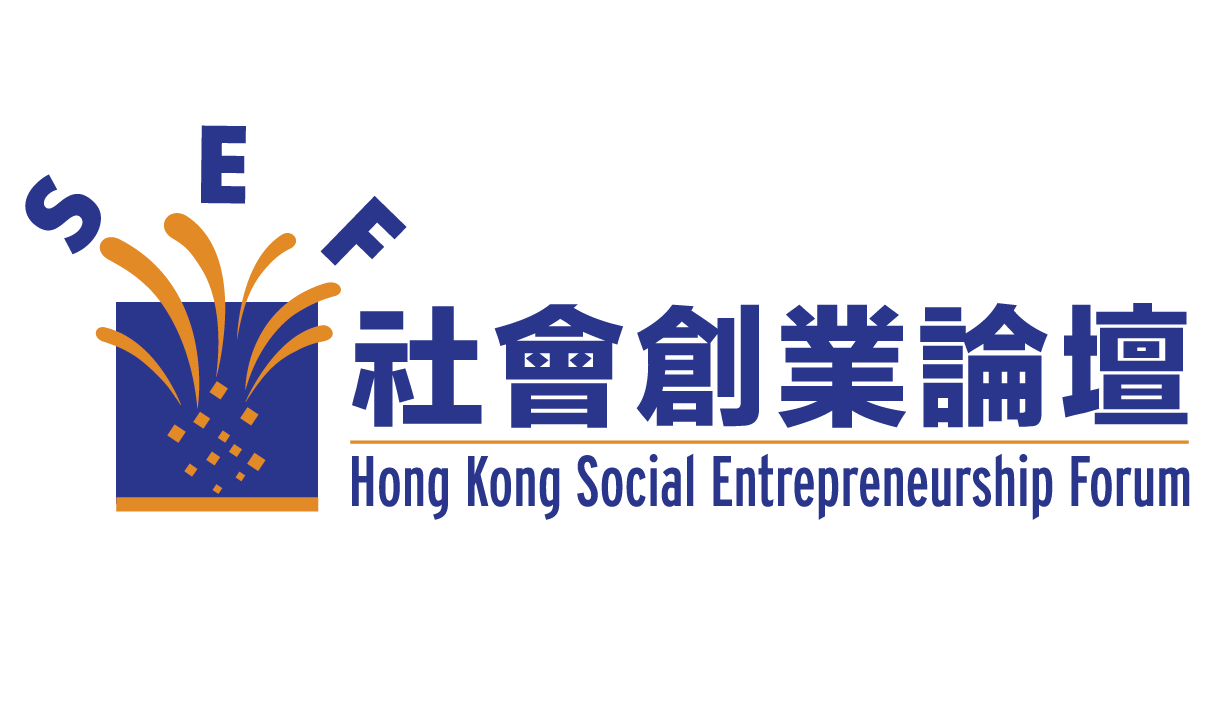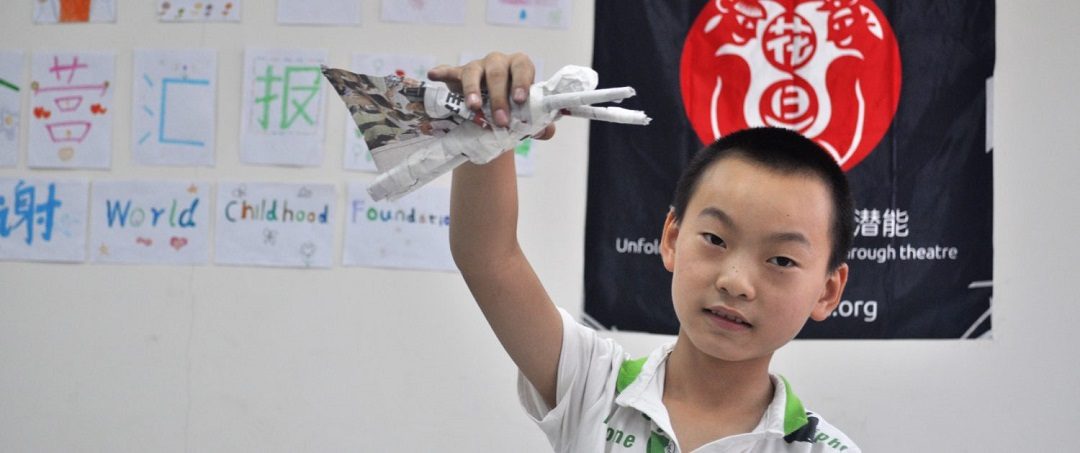Edited by Dr KK Tse
Note: While KK was researching for his speech on the theme of ‘The Rise of Social Entrepreneurs in Mainland China’ back in 2009, he came across the story of Caroline Watson, founder of Hua Dan, a Beijing-based social enterprise. The social entrepreneurship movement in China was one the rise and was an exciting phenomenon to witness and report.
Who is Caroline Watson?
Caroline was born and brought up in Hong Kong of English parents. She went to university in English but she finds her root in this part of the world. She holds a B.A. in Theatre STudies from Lancaster University that included a particular focus on community theatre and participatory approaches to training and education. Her final year dissertation focussed on the use of theatre in prisons. In her early working career, she had developed and facilitates workshops and training programs for both non-profit and for-profit organisations in Spain, Hong Kong, China and India.
Caroline returned to Asia in 2001 with a strong desire to contribute to a culture that has so influenced her upbringing. She spent a lot of time in China and in 2004, she founded Hua Dan that uses the unique power of participation in theatre and other creative arts as a tool for personal and social transformation. It was China’s first organisation dedicated to using its expertise in participatory theatre to unleash human potential. Just as 1KG More has fostered the development of Voluntourism, Hua Dan has popularized and demonstrated the power of participatory theatre as a vehicle for positive social change.
Caroline’s Passion
What is the social issue that Caroline tries to address? Basically, it is about urban poverty, especially as it is manifested among the huge number of migrant workers from rural areas.
According to 2008 official statistics, there were over 225 million migrant workers working or finding work in large cities (The unofficial estimate puts it close of 300 million). This is a huge number even in a country of 1.3 billion people. The migrant workers are making significant economic contribution to society but they endure harsh working conditions, low wages, poor living conditions, lack of sanitation and health care, separation from families, lack of training and education, insecurities, discrimination, prejudice, injustice, lack of legal protection of their rights and lack of self-esteem.
There appears to be little that the government could do to alleviate their situation, and businesses are too busy making money to pay attention to these people who are actually helping to build their wealth. A few civil society organisations are doing something to improve the situation but their tasks are daunting and challenging to say the least.
Caroline focuses her work on female migrant workers and her organisation has developed a full range of training programs designed to enhance the self-confidence, assertiveness and empowerment of the participants. In short, their emphases have been on the so-called ‘soft skills’ such as: communication, problem-solving, creativity, team work, leadership, self-expression, etc. The training makes imaginative uses of the theatre and other creative arts to enable the participants to learn in a relaxed, exciting and enjoyable environment so that they could overcome fear, inhibitions, stress, uncertainty etc. The bottom line of these programs is to facilitate the transformation of the participants into individuals and teams who have the self-confidence and desire to plan and create their own future.
“Hua Dan was a shower of delicious pancakes falling from the sky at a time when I was starving”, said Dong Fen, who was the very first participant of Hua Dan’s program and who has since become a Hua Dan project leader.
Hua Dan’s Mission and Objectives
It is Hua Dan’s mission to create a more equitable society that enables personal, social and economic empowerment to China’s migrant workers through participation in, and leadership of, inspirational art-based projects.
The long-term objectives of Hua Dan are:
- Lift migrant workers out of poverty and enable them to participate in mainstream society
- Empower individuals from all classes of society with skills that improve their employability, social mobility and the quality of life
- Achieve personal and social transformation
- Become a leading Chinese social enterprise and create a scalable model that could be applied to emerging economies around the world
What do 1KG More and Hua Dan have in common?
I have a rather long list. I would encourage you to come up with your own.
- They are both founded by passionate people
- They are still young but have tremendous scalable potential
- They attempt to tackle some major social issues
- They have created new products and new markets that have never existed before
- They did not have and are not seeking any government funding
- Their founders are extremely entrepreneurial
- Their founders make imaginative uses of their expertise to shape their businesses
- Their founders are not motivated to make money for themselves but they want to make their organisations highly profitable so that they can grow the business and create greater social impact
- Their founders are relatively young and they invest their career into changing the world
- Their founders are a new wave of social entrepreneurs emerging in China
- Their organisations inspire hope and optimism about human potential and a bright future
- Above all, they are eager to share their experience with others so that more people will be inspired to join their ranks.
Header Image from Hua Dan’s website.

